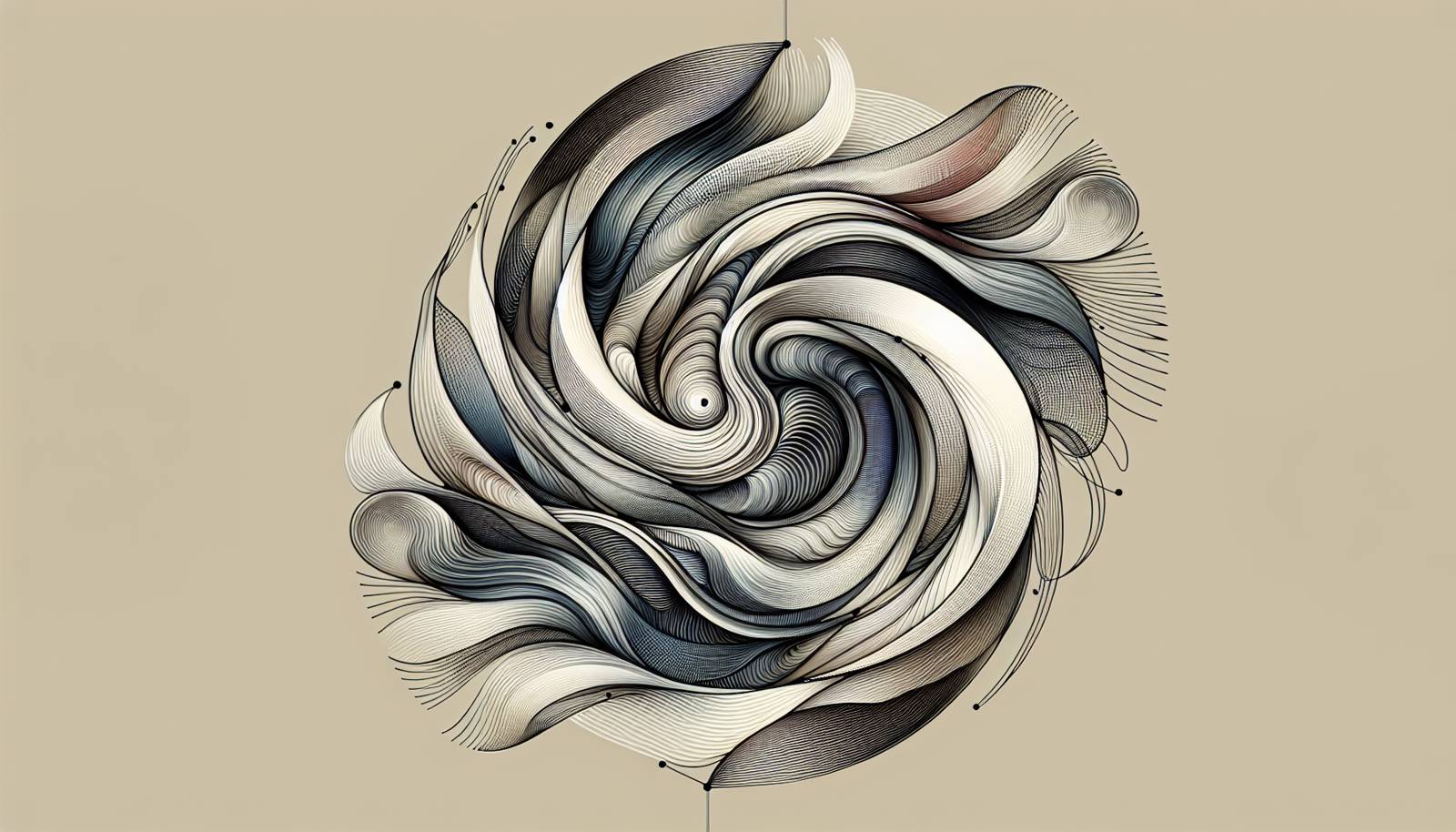
FAQ About The Impact of Martial Arts Films on Global Pop Culture

What are martial arts films?
Martial arts films are a genre of cinema that focus on the depiction of martial arts combat, often featuring high-energy fight sequences, choreographed with precision. These films commonly revolve around themes of honor, discipline, and respect. Popularized in East Asia, martial arts films have since gained a significant international audience.

How did martial arts films first gain global popularity?
Martial arts films gained global popularity in the 1970s, largely due to the international success of Bruce Lee's films such as Enter the Dragon and The Way of the Dragon. These movies showcased Bruce Lee’s unique martial arts style and charisma, captivating audiences worldwide and sparking interest in martial arts culture and philosophy.

Which iconic martial arts film stars have had the most significant impact on global pop culture?
Bruce Lee, Jackie Chan, and Jet Li are among the most iconic martial arts film stars. Bruce Lee is known for popularizing martial arts films globally, Jackie Chan brought humor and unique stunts to the genre, and Jet Li's films often incorporated philosophical and historical elements, further diversifying the genre's appeal.

How have martial arts films influenced global cinema?
Martial arts films have influenced global cinema by introducing extraordinary choreography and fight sequences, prompting filmmakers worldwide to adopt similar styles. Furthermore, the success of martial arts films has led to cross-genre collaborations, integrating martial arts into mainstream action, fantasy, and science fiction cinema.

What role do martial arts films play in promoting martial arts philosophy?
Martial arts films often promote martial arts philosophy by depicting key themes such as discipline, humility, and inner peace. Many films highlight the importance of self-control and respect for others, embodying the values that are central to martial arts practice.

Can you name some influential martial arts directors and choreographers?
Influential martial arts directors and choreographers include Yuen Woo-ping, known for his work on The Matrix and Crouching Tiger, Hidden Dragon, and Lau Kar-leung, a legendary director and choreographer of Shaw Brothers Studio films. Their expertise and innovation have significantly impacted the way martial arts are portrayed on screen.

How have video games been influenced by martial arts films?
Video games have been heavily influenced by martial arts films, with many popular titles incorporating martial arts elements into gameplay. Games like Mortal Kombat, Street Fighter, and Tekken feature characters with distinctive fighting styles inspired by different martial arts, reflecting the cinematic action and choreography seen in martial arts films.

What are some famous martial arts movie franchises?
Famous martial arts movie franchises include the Ip Man series, Ong-Bak trilogy, and the Karate Kid series. Each of these franchises has contributed significantly to the genre, blending captivating storytelling with dynamic martial arts action.

Have martial arts films influenced music and culture?
Yes, martial arts films have influenced music and culture by inspiring various compositions, from film soundtracks to hip-hop music, which often references martial arts themes and figures. The imagery and philosophy of martial arts have been incorporated into music videos and lyrics, demonstrating the genre's broad cultural impact.

How do martial arts films reflect cultural aspects of the regions they represent?
Martial arts films often reflect cultural aspects of the regions they represent by integrating local history, traditions, and customs into their narratives. For example, Chinese films may incorporate themes from Confucianism or Taoism, while Japanese martial arts films might explore elements of Bushido or Samurai culture.

Why are martial arts films popular among diverse audiences?
Martial arts films are popular among diverse audiences due to their universal themes of heroism, triumph over adversity, and personal growth. Additionally, the visually stunning fight choreography and action sequences appeal to viewers across different cultural backgrounds, making them accessible and exciting for a global audience.

What distinguishes Hong Kong martial arts films from others made in different regions?
Hong Kong martial arts films are distinguished by their highly stylized action sequences, fast-paced storytelling, and unique blend of martial arts techniques. Hong Kong cinema is known for producing films with intricate fight choreography and has historically set the standard for martial arts filmmaking, influencing even Hollywood productions.

In what ways have Hollywood movies been influenced by martial arts films?
Hollywood movies have been significantly influenced by martial arts films in terms of action choreography and storytelling techniques. Many Western action films have integrated martial arts combat sequences, drawing inspiration from the fluidity and intensity of traditional martial arts choreography seen in East Asian cinema.

What are some misconceptions about martial arts films?
One common misconception about martial arts films is that they solely focus on violence and combat. In reality, many martial arts films emphasize character development, philosophical themes, and moral lessons. Another misunderstanding is that all martial arts films are similar, whereas, in fact, they can vary greatly in style, narrative, and martial arts techniques depicted.

How has the choreography in martial arts films evolved over time?
The choreography in martial arts films has evolved from straightforward, realistic fight scenes to highly stylized, intricate sequences involving advanced technology like wirework and CGI. Modern films often highlight agility and creativity, integrating influences from various martial arts forms to enhance visual spectacle and narrative depth.

What impact have martial arts films had on fashion and style?
Martial arts films have influenced fashion and style, popularizing iconic costumes like the Kung Fu uniform and ninja attire. Accessories such as nunchakus and headbands have also become emblematic in pop culture, often referenced in fashion collections and by enthusiasts of martial arts films.

Are there any notable festivals or awards dedicated to martial arts films?
Yes, numerous festivals and awards celebrate martial arts films, such as the Jackie Chan International Action Film Week and the Martial Arts Film Festival in South Korea. These events honor achievements in the genre, providing a platform for filmmakers and martial artists to showcase their work and celebrate the positive impact of martial arts cinema globally.

How have martial arts films contributed to the portrayal of Asian characters in international media?
Martial arts films have contributed to the portrayal of Asian characters in international media by providing more heroic and complex roles, as opposed to stereotypical depictions. The success of these films has brought serious attention to Asian talent, allowing for richer, more diverse character representation in global cinema.

Do martial arts films address contemporary social issues?
Some martial arts films address contemporary social issues by weaving them into their narratives. Issues such as poverty, discrimination, and social injustice are sometimes explored through the personal journeys of the characters, using their martial arts prowess as a medium to overcome and illuminate these challenges.

What is the significance of soundtracks in martial arts films?
Soundtracks in martial arts films significantly enhance the cinematic experience by setting the mood, building tension, and emphasizing the rhythm of fight sequences. Music in martial arts films often incorporates traditional instruments and melodies, further reflecting the cultural backdrop and enriching the storytelling.
